The most viewed blogs I write for SemiWiki are consistently blogs comparing the four leading edge logic producers, GLOBALFOUNDRIES (GF), Intel, Samsung (SS) and TSMC. Since the last time I compared the leading edge new data has become available and several new processes have been introduced. In this blog I will update the current… Read More
 MediaTek Dimensity 9500 Unleashes Best-in-Class Performance, AI Experiences, and Power Efficiency for the Next Generation of Mobile DevicesIn a bold move to dominate the premium…Read More
MediaTek Dimensity 9500 Unleashes Best-in-Class Performance, AI Experiences, and Power Efficiency for the Next Generation of Mobile DevicesIn a bold move to dominate the premium…Read More CEO Interview with Adam Khan of Diamond QuantaKey Takeaways Diamond Quanta is bringing diamond out…Read More
CEO Interview with Adam Khan of Diamond QuantaKey Takeaways Diamond Quanta is bringing diamond out…Read More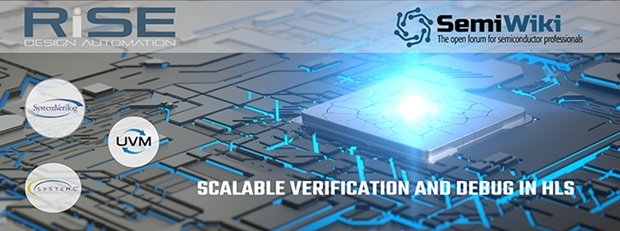 Rise Design Automation Webinar: SystemVerilog at the Core: Scalable Verification and Debug in HLSKey Takeaways - High-Level Synthesis (HLS) delivers not…Read More
Rise Design Automation Webinar: SystemVerilog at the Core: Scalable Verification and Debug in HLSKey Takeaways - High-Level Synthesis (HLS) delivers not…Read MoreSelf-Driving Car Catch-22 and the Road to 5G
In the novel “Catch-22” from which the eponymous 1970 movie was made we learn of a fictional bureaucratic means by which the U.S. Air Force was able to keep bomber pilots (who might be going crazy) from successfully requesting a release from flying missions based on a medical evaluation. The rationale behind this supposed “catch”… Read More
Don’t Stand Between The Anonymous Bug and Tape-Out (Part 2 of 2)
The second panel is about system coverage and big data. Coverage metrics have been used to gauge the quality of verification efforts during development. At system level, there are still no standardized metrics to measure full coverage. The emergence of PSS, better formal verification, enhanced emulation and prototyping techniques… Read More
Computer Vision and High-Level Synthesis
Computer vision as a research topic has been around since the 1960’s and we are enjoying the benefits of this work in modern-day products all around us as robots with computer vision are performing an increasing number of tasks, even our farmers are using computer vision systems to become more productive:
- AgEagle® has a drone
Machine Learning Neural Nets and the On-Chip Network
Machine learning (ML), and neural nets (NNs) as a subset of ML, are blossoming in all sorts of applications, not just in the cloud but now even more at the edge. We can now find them in our phones, in our cars, even in IoT applications. We have all seen applications for intelligent vision (e.g. pedestrian detection) and voice recognition… Read More
New Architectures for Automotive Intelligence
My first car was a used 1971 Volvo 142 and probably did not contain more than a handful of transistors. I used to joke that it could easily survive the EMP from a nuclear explosion. Now, of course, cars contain dozens or more processors, DSP’s and other chips containing millions of transistors. It’s widely expected that the number … Read More
CEO Interview: Ramy Iskander of Intento Design
One of the more interesting parts of blogging for SemiWiki is getting to know emerging EDA and IP companies from around the world. As I have mentioned before, there are some incredibly intelligent people in the fabless semiconductor ecosystem solving very complex problems. It is a two way exchange of course since we know the market… Read More
Webinar Alert – Embedded Monitoring of Process and Voltage in SoCs
In the old days to learn about new semiconductor IP you would have to schedule a sales call, listen to the pitch, then decide if the IP was promising or not. Today we have webinars which offer a lot less drama than a sales call, plus you get to ask your questions by typing away at the comfort of your desk, hopefully wearing headphones as … Read More
Another Application of Automated RTL Editing
DeFacto and their STAR technology are already quite well known among those who want to procedurally apply edits to system-level RTL. I’m not talking here about the kind of edits you would make with your standard edit tools. Rather these are the more convoluted sort of changes you might attempt with Perl (or perhaps Python these days).… Read More
Clock Domain Crossing in FPGA
Clock Domain Crossing (CDC) is a common occurrence in a multiple clock design. In the FPGA space, the number of interacting asynchronous clock domains has increased dramatically. It is normal to have not hundreds, but over a thousand clock domains interactions. Let’s assess why CDC is a lingering issue, what its impact and the … Read More




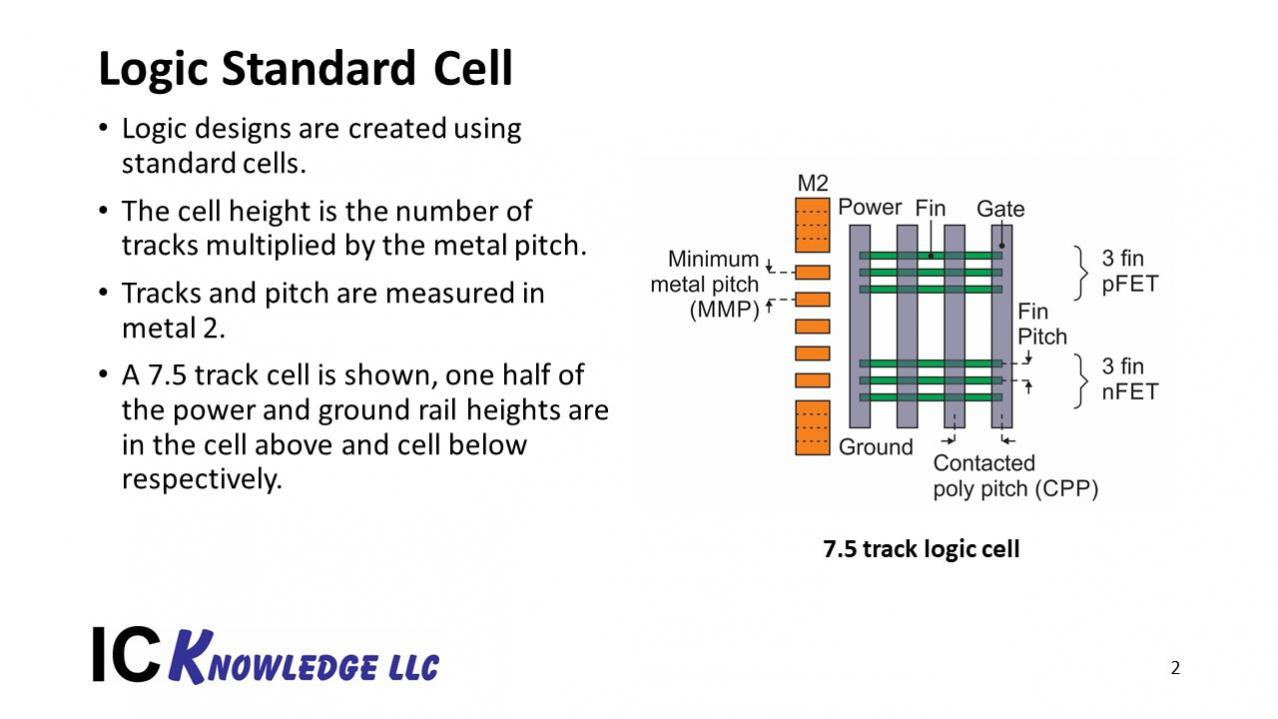

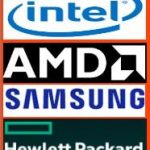
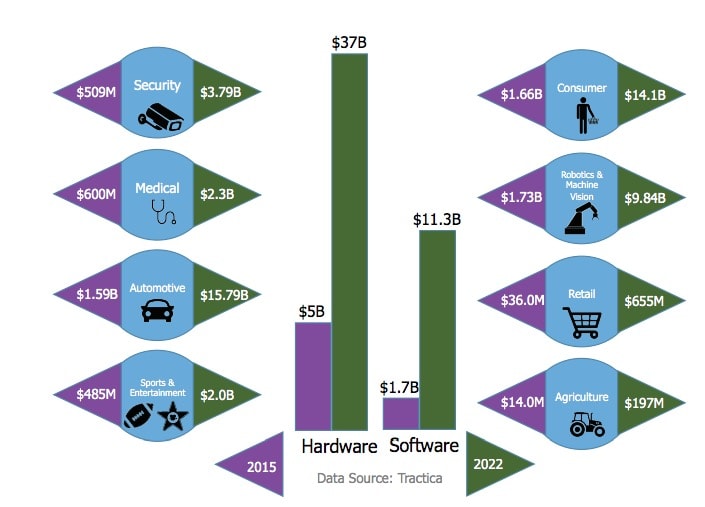
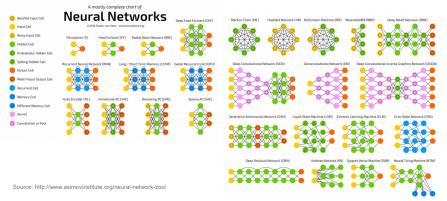


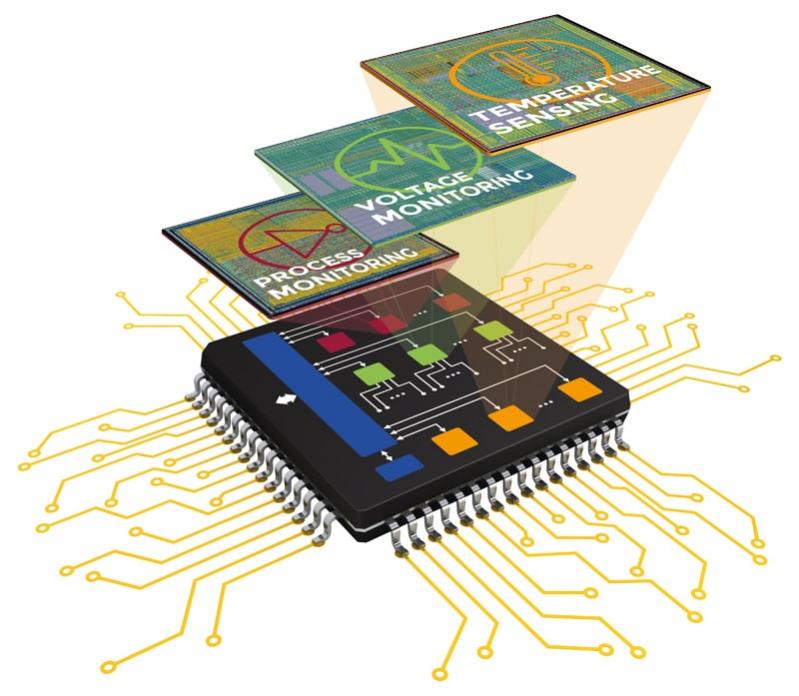

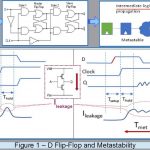
Scaling Debug Wisdom with Bronco AI